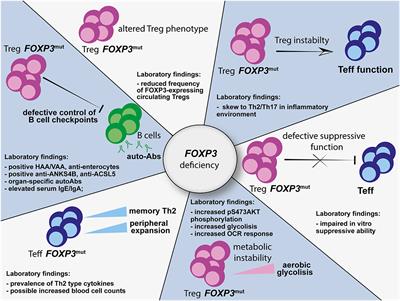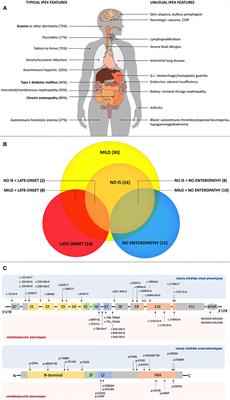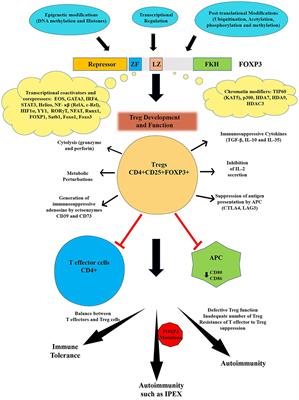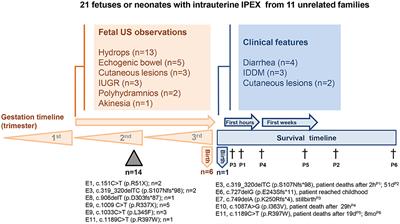EDITORIAL
Published on 22 Feb 2022
Editorial: IPEX 2020: An Expanding Disease Spectrum and Novel Precision Therapies
doi 10.3389/fped.2022.856920
- 1,265 views
9,217
Total downloads
31k
Total views and downloads
EDITORIAL
Published on 22 Feb 2022
MINI REVIEW
Published on 22 Feb 2021

MINI REVIEW
Published on 05 Feb 2021

REVIEW
Published on 03 Feb 2021

REVIEW
Published on 20 Nov 2020

MINI REVIEW
Published on 21 Oct 2020
